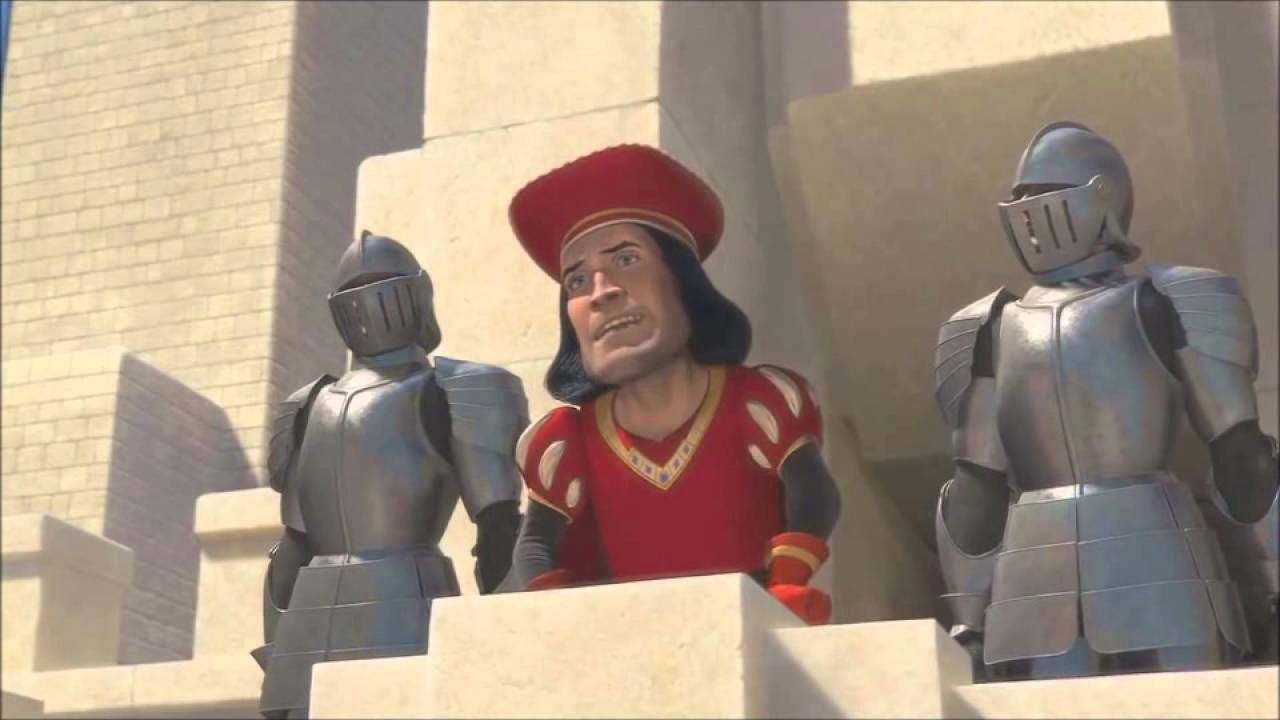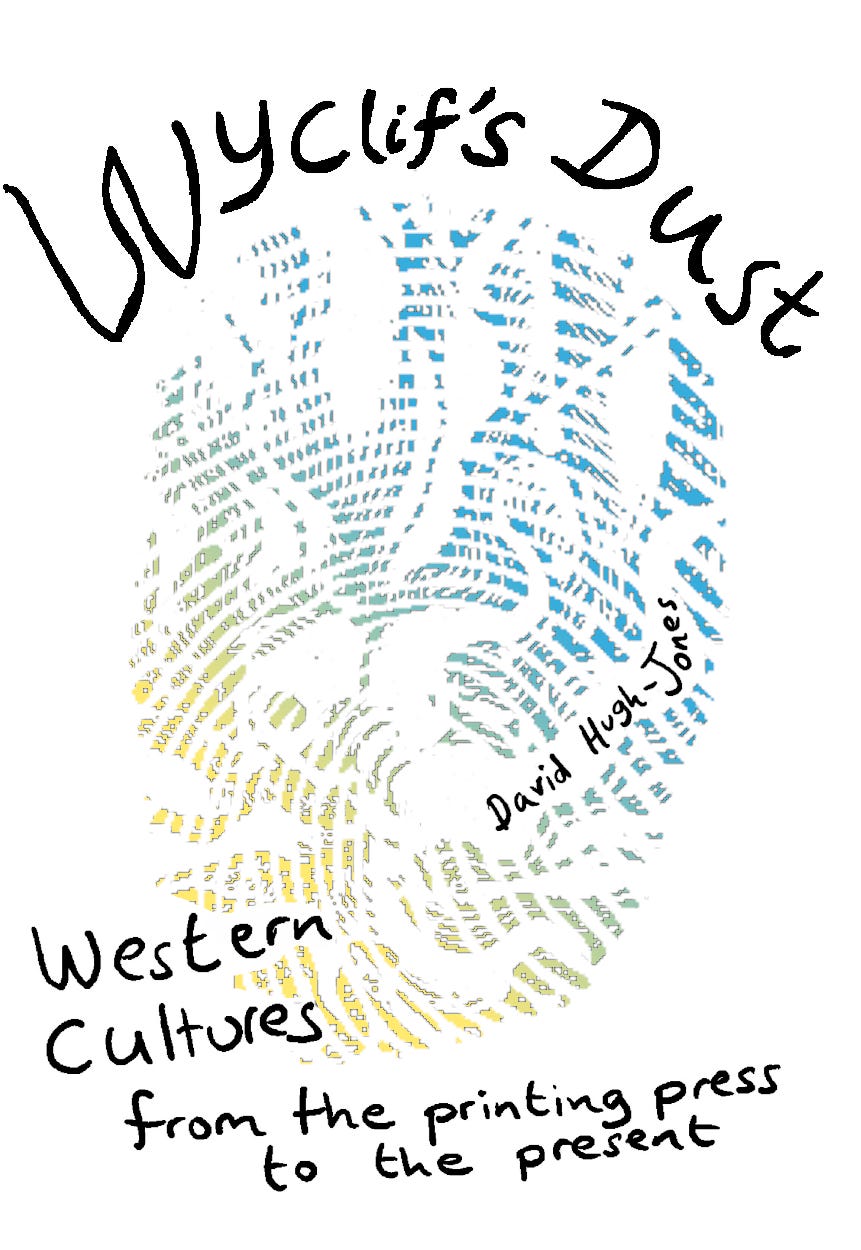The global defeat of democracy: geopolitics, and what to do about it
In the last article in the series, I look at the international situation, and wrap up with two opposed recommendations.
This is the last in a series of articles setting out pessimistic scenarios for contemporary democracy. Previous parts: 1 (intro), 2 (politics), 3 (finance), 4 (ideas).
With the underlying weaknesses I have described, democracies now face an international challenge from the new autocratic axis of the “CRINKlies” — China, Russia, Iran and North Korea.
Unfortunately for lovers of peace
It is worth understanding what the challenge is about. Misty-eyed libertarians can’t imagine why countries would need to fight when they can simply trade. In fact, it matters whom Ukraine, for instance, allies with. Allies have common laws and agreements that ultimately enable trade, which is why trade does indeed follow the flag. This is not an accident of history which could be made redundant by a global free trade regime. Those regimes themselves exist only under the aegis of an international policeman, a hegemon. The rules of the “rules-based international order” aren’t the only ones possible. They are bent towards the powers that be. Rival powers would like other rules which favour them more. (For a simple example, think how the US uses its structurally central financial system as a political tool, by sanctioning bad guys or enforcing a price cap on Russian oil. This interview, while insightful, is a good example of the naïve perspective that the US is simply standing up for “rules”; this kind of naïveté is part of a foreign policy analyst’s job description, so it is good to be aware of it.)
It is not that there is no right and wrong in international relations, or that they are simply an arena where the weak suffer what they must. There are better and worse hegemonies. American hegemony was better than the Warsaw Pact; Chinese hegemony would be a step backward on many dimensions. But it is also not the case that China, Russia and Iran are simply troublemakers. (North Korea, maybe: bandits may exist in any international system, and can make useful allies.) They have genuine interests in changing the international order in their favour.

Unfortunately for lovers of peace, these changes are hard to compromise over. A country cannot serve two masters. It also cannot have two different gauges on its railway systems, two different bodies of law governing trade and imports, or two different first foreign languages taught in its schools. This is the underlying nature of the democracy-autocracy international conflict today: it is a struggle for whose rules will prevail, America’s or China’s.
The struggle is partly a bidding war for the support of different allies, which is why it plays into pre-existing regional conflicts everywhere in the world. Why should China support Iran and America support Saudi Arabia or Israel? No reason: it just turned out that way, and now each superpower has its reputation at stake.
Defeat of the will
It is natural to think of this conflict as a matter of raw economic strength. (Here Noah Smith adds up the GDP of the countries on either side.) But that is only half the story. Conflict, a negative-sum game where resources are spent purely on destruction, is a battle of wills. It is not enough to have the money, you have to be prepared to spend it. What’s more, conflicts are collective. There are multiple countries on each side, and even a single country is not a unitary actor. Since each team member will only want to contribute if the others do too, we are in a world of multiple equilibria. Small shifts, chance events, vibes, can change expectations and dissolve a coalition into isolated individuals fit for history’s dustbin.
This dimension of collective will is a faultline for the democratic side, which the autocratic side will aim, is already aiming, to exploit.
First, the will of a democracy is formed by public debate and governed by regular votes. Democratic citizens, with no self-interested motive to vote or to inform themselves, at best have “those motives of honor and virtue, which alone can be offered to a popular assembly”. At worst, public debate is driven by whim, fashion and thoughtlessness.
Modern public debate, mediated by opaque social media algorithms, offers a large set of vulnerable points where autocracies may insert a screwdriver. They do have the motivation of self-interest. All they need is to find the mechanism for converting money into opinions. Let’s hope there are not too many people in Western societies of the spectacle who will do or say absolutely anything in public for money!
… Oh well. We now have, on right and left, large groups of Quislings. They are a motley crew of naïve idealists, vain fools, creeps and chancers. People like that are cheap to buy. I don’t like conspiracy theorizing, but Russian links with the European far right are documented, the USSR had similar links with the far left, and authoritarians would be daft not to take a low-cost opportunity to, at worst, make trouble, and at best alter electoral outcomes.
Last class of term
Second, a long war is a continuous effort of will, and there are serious doubts about democracies’ ability to sustain that. No dictator has yet gone bankrupt by underestimating the stamina of the American public. The Taliban, from the poorest country in the world, beat the richest simply by outlasting them. The chaos in Iraq was partly caused, I suspect, by local actors sensing that the US was not in it for the long run. It’s that last-class-of-term feeling.
Putin is clearly making the same bet in Ukraine. He can take 300,000 casualties in two years and keep going, in the strategy made famous by Lord Farquhard.
Now, I expected that Ukraine itself would not match that sacrifice, and so far I have been very happily proven wrong. But it is not at all clear that the US or EU are prepared to sustain the relatively much smaller level of commitment — a few billions on tanks and shells — to stop this one tinpot in his tracks. Shortsightedness and selfishness may simply be too tempting. (Good news yesterday, though.)
The background to the international challenge is the economic position previously described. Western democracies won the hot war against the fascist powers by getting into unprecedented levels of debt. They approach this round with unprecedented debt already, before the war has even begun. And that doesn’t even count their off-balance-sheet commitments of public pensions and healthcare. They have committed to a great deal of butter. Now they must borrow for guns.
After China, it gets difficult
Lastly, the Western democracies need allies. This is just a matter of economic calculation – look back at those Noah Smith charts. India, Turkey, Hungary, the Philippines, are all swing voters who will extract a high price for their support. All have authoritarian leaders in weak or subverted democracies. In particular they have discarded the important part of liberal democracy, the liberalism, even whilst keeping democratic elections as plebiscites of their popularity and power.
Westerners have long told ourselves that these countries are on their way to a rendez-vous with democracy at the end of history. Why shouldn’t the learning process go the other way? Rodrigo Duterte killed a lot of drug addicts. Human rights activists will wonder till their dying day how such a wicked man could be so popular. Nayib Bukele has had success with a not very different strategy in El Salvador, and now other regimes in Latin America are jumping on the bandwagon. Strongman strategies have electoral appeal in countries where crime is a problem, or where bureaucracies and elites are seen as unresponsive or self-interested. Of course, they also carry risks to democratic political systems. This is where ideological weakness comes into play; democracy needs a compelling, coherent story about why it beats authoritarianism, and the ones currently available are not enough.
OK, then what?
Suppose you buy the argument that democratic systems are at risk. What should we do about it?
Democracy’s case is not hopeless. I have focused on the downside. If that were all, then one answer would be that such a flawed system deserves to fail. But authoritarian systems have weaknesses too. Especially, they spend valuable resources in controlling their population. In any society with no institutionalized method of changing its rulers, those rulers will by necessity be obsessed with preventing uninstitutionalized regime change and its precursors, including the development of unfavourable public opinion among their subject population. The “bet” of liberalism, since the eighteenth century, has been that the resulting controls over freedom of thought and speech are very hard to combine with the openness required for the sustained development of the economy. That bet can be questioned, and obviously, authoritarian developmental states from 19th century Prussia through to contemporary China challenge it. But it hasn’t been proved false yet. Authoritarian systems also bear the risk that very bad rulers and/or policies — monsters like Lenin or insanities like the Great Leap Forward — can become unstoppable. Conversely, democracy has strengths: deep reservoirs of loyalty; strong building blocks of cooperations like NATO and the EU; the dynamism of the world’s most exciting economy.
Perhaps the most basic message is “wake up!” In terms of public opinion and awareness of the international situation, we are maybe at 1935. Some smart people are looking down the road; many of us are just becoming vaguely aware of the interlinked threats facing us. The real world looks more like 1939: our enemies are already fighting in several places, and are starting to cooperate with each other. Obviously, I will be very happy if I am wrong and we return to an era of peace! But hoping for that not only is not a strategy, it will actually make it less likely to happen.
Beyond this, I am not very certain. Democracy’s problems are fairly easy to diagnose: just look around you, and read the literature which discusses them (there’s plenty). Finding a cure is harder. Here are two tentative suggestions: we should temper democracy at the institutional level, and simultaneously become a little more democratic at the policy level.
Institutional elitism
At institutional level, there are structural features of democracy which favour short-run populism and unsustainable policies. Developing institutions that can counterweight this is a good idea in the long run. It will also (relatively fast) increase the credibility of democracies with their creditors, which is important in an economic contest. The choice is not really between diluting democracy and keeping it strong. If we don’t consciously alter our institutions, they will be altered anyway as a natural response to their own weaknesses. For example, consider how the US presidency has become more “imperial” as a response to the ineffectiveness of the US legislature; or the renewed power of the bond market when politicians tout policies that are seen as unsustainable, as we saw in the UK last year.
Democratic systems need more “weight” in their decision-making, and this weight needs to be embodied in explicitly political institutions. Letting judges or bureaucrats perform this role just politicizes them and eventually damages their credibility. Politics is politics, not law or expertise. The UK once had an upper house for this purpose, staffed by hereditary landowners. Land is no longer a decisive factor of production in our developed economy, but a careful reform of this house might give it the strength to meet the House of Commons on more equal terms. If you think this sounds fundamentally anti-democratic, then I urge you to stop being a fundamentalist and get real.
Policy populism
At the level of actual policy, elites should probably do the opposite. Many well-meaning elites have a vague sense that angry populist voters have some sort of legitimate grievance. This sense is often not very carefully thought through: a common argument is that voters who claim they want X really want Y, where Y happens to be the speaker’s preferred policy direction.
Perhaps it would be better just to listen. If you have tried for fifty years to tell people they are wrong to be against immigration, without persuading them; if you have locked people down for their own good, only to find that you have seriously misdone the cost-benefit calculations; if your intellectuals seem to wish that, as Brecht said, “the government could dissolve the people and elect another”; then at some point, it becomes a good idea to exercise a little humility.
Now I think this anyway, so you could say I am also just smuggling in my own agenda. But there is an obvious link between right-wing populism in Europe and America, and subversion of democracy by authoritarians, especially Putin, in the service of their own ambitions. It is really just political logic: if you are far from what most voters want, and if the other side poses a direct foreign policy threat, it might be a good idea to move a little towards the centre. We have been lucky that when Giorgia Meloni came to power in Italy, she maintained a strong line against Russian aggression, perhaps perceiving as a nationalist that the Ukrainians are a nation too. But the next European rightist to win power may not do that, and Trump may very well not.
Institutional elitism and policy populism only seem to be at odds. In fact, more policy populism would help to win back the trust elites need to enact institutional reform. It is the balancing act of leadership: showing that you are on people’s side, while persuading them to do things they otherwise wouldn’t.
Hunker down
… But look, realistically, I don’t know, adjust your investment portfolio? What’s above is collective advice: it aims to shift public opinion a little. We each also face the question of what to do as individuals. One reason I wrote this series is to get you, reader, to think about living in a world where the democracies are no longer on top.
People from the West have lived all their lives under a very comfortable roof. I don’t think any of us are really cognisant of what that has done for us, or what might change if the roof starts to crumble. What’s it like, for instance, to live in a political system which is regularly pressured and manipulated by powerful outside actors? (People from outside the West might respond that they know this one, and will be happy to explain.) What’s it like to live in a society where the talented aspire not to climb that society’s status hierarchy, but to go elsewhere entirely? What’s it like for your political system to be seen as not the end of history, but a blind alley? Make space in your mind for uncomfortable questions like these.
In particular, a natural thought is that living under a big secure collective “roof” leads people to skimp on smaller-scale protection. Western individualism runs deep, but one reason for its more extreme manifestations is just the existence of the democratic welfare state, in all its forms. Insofar as that weakens, I’d expect people to put a higher premium on other forms of collective support and mutual insurance, from ethnicity to religion to the extended family. (I don’t have a clear idea of the mechanisms how this might happen; I just have a sense that it might.) Some of the results might be good, some bad, but mostly they just will be. This argument should nudge you towards expecting a more communitarian future.
If you enjoyed this, you might like my book Wyclif’s Dust: Western Cultures from the Printing Press to the Present. It’s available from Amazon, and you can read more about it here.
I also write Lapwing, a more intimate newsletter about my family history.





" No dictator has yet gone bankrupt by underestimating the stamina of the American public. " Well, for starters, there were Hitler and Stalin.
I must confess, I am rather surprised you take democracy *as it is* at face value....do you genuinely believe that our "democracy" is democratic, that it in fact exercises "the will of the people" in any serious and substantial way?
At the very least I hope you can admit that it is far from a proven "fact", and that there is a massive amount of conflicting evidence.